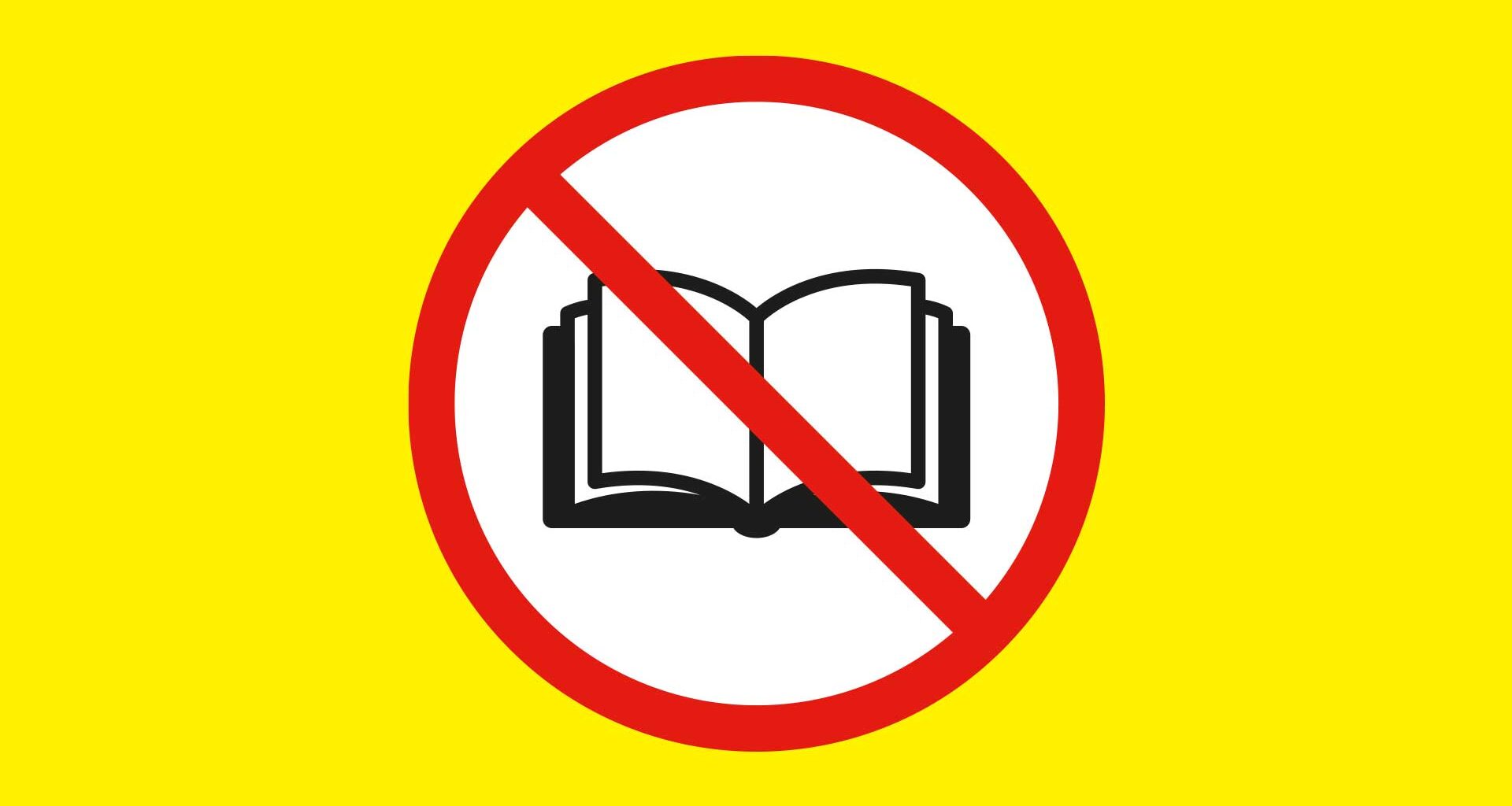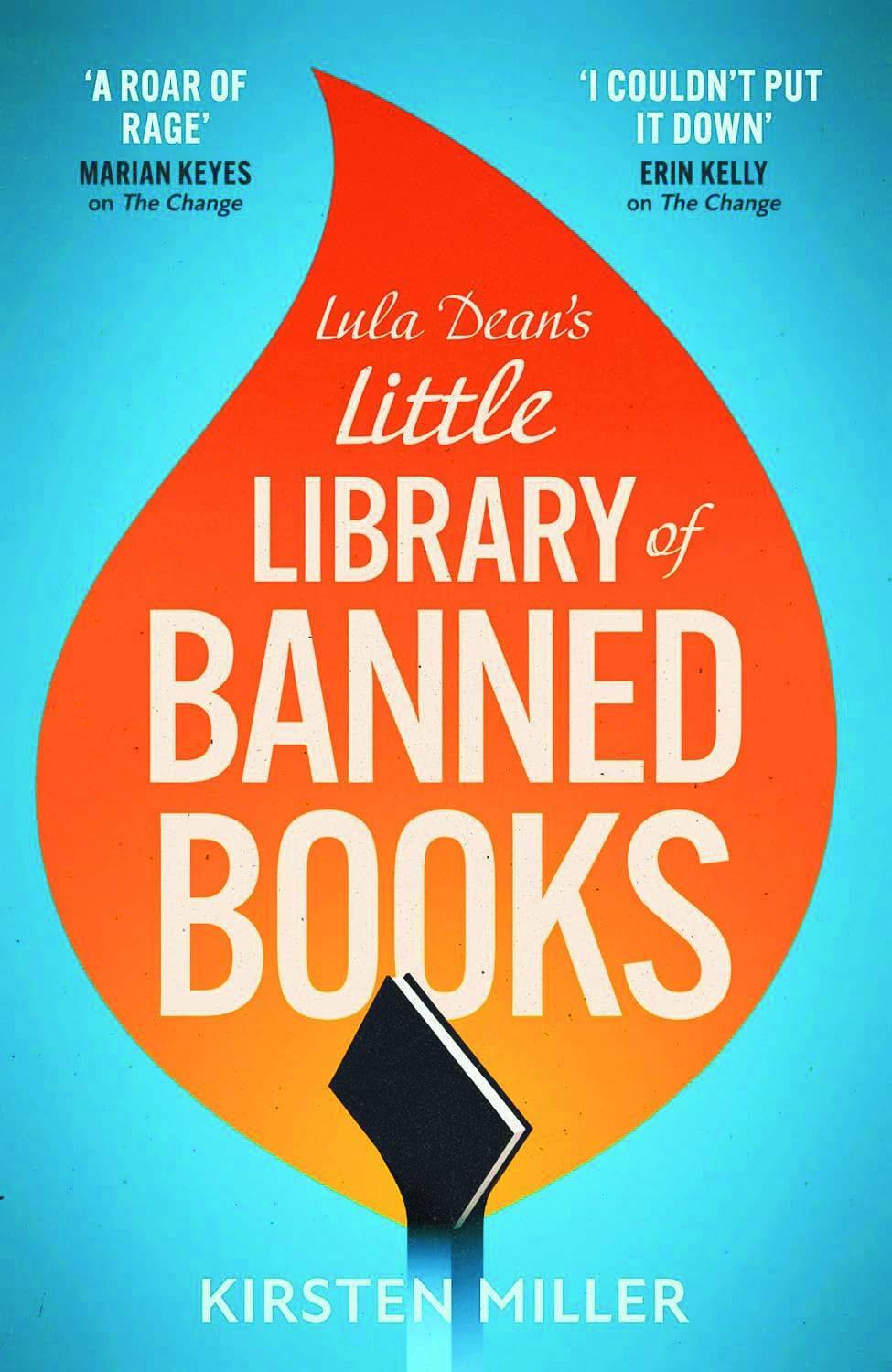Rather than argue about what types of speech are protected, perhaps we should be asking ourselves: who gets to judge? This is a question I’ve been pondering since I sat down to write my novel Lula Dean’s Little Library of Banned Books. I don’t have all the answers, but I believe I’ve identified a few groups who should have no say whatsoever in what the rest of us get to say, read or think.
Let’s start with crusaders. A crusader might be a “concerned citizen” like my novel’s villain, Lula Dean, who wants libraries purged of “propaganda and pornography”; or a tech CEO who believes the “woke mind virus” is eating our brains. Their religious beliefs and personal convictions should determine their choices – but they should play no role in the decisions the rest of us make for ourselves and our families.
Then come the cowards. Whistleblowers are the one group that should remain anonymous. Everyone else should feel free to speak their minds under their own names – and be prepared to receive feedback from the rest of us. You want to express your opinion that women are inferior? As a woman, I wholeheartedly support your right to free speech. I would also like to know who you are so I can exercise my inalienable right to avoid you.

Of course, the cowards wouldn’t flourish if not for the unaccountable. These are the digital media platforms that hide behind Section 230 of the Communications Decency Act. Years ago, before anyone realised the harm they could do, the US government decided these companies shouldn’t be liable for content posted by users.
When most platforms allowed their users to remain anonymous, it meant no one was accountable for the conspiracies, lies and propaganda that began to spread like wildfire. Section 230’s biggest beneficiaries? Bigots, dictators and… billionaires.
The richest people in the world want to control what we read, say and think. Most have never held elected office. They look after their own interests – and they do not represent ours. Many have played personal roles in creating today’s internet, and they’ve profited from the destruction it’s wreaked. In the US, there is no longer any limit on billionaires’ political donations.
Not only can they silence criticism with lawsuits, they purchase entire platforms and tweak them to suit their political needs. Their lawyers are the reason Section 230 still stands.
So, while the battle to save books is critical, it’s just a single front in the war for our brains. America’s liberties and libraries have never been in greater jeopardy than they are at this very moment.
Kirsten Miller is a US novelist and the creator of the Kiki Strike book series. Her latest novel, Lula Dean’s Little Library of Banned Books, is out now (HQ, £9.99). You can buy it from the Big Issue shop on bookshop.org, which helps to support Big Issue and independent bookshops.
Do you have a story to tell or opinions to share about this? Get in touch and tell us more. Big Issue exists to give homeless and marginalised people the opportunity to earn an income. To support our work buy a copy of the magazine or get the app from the App Store or Google Play.

